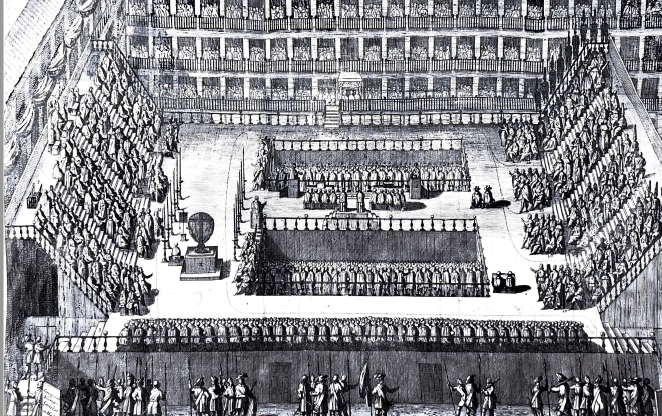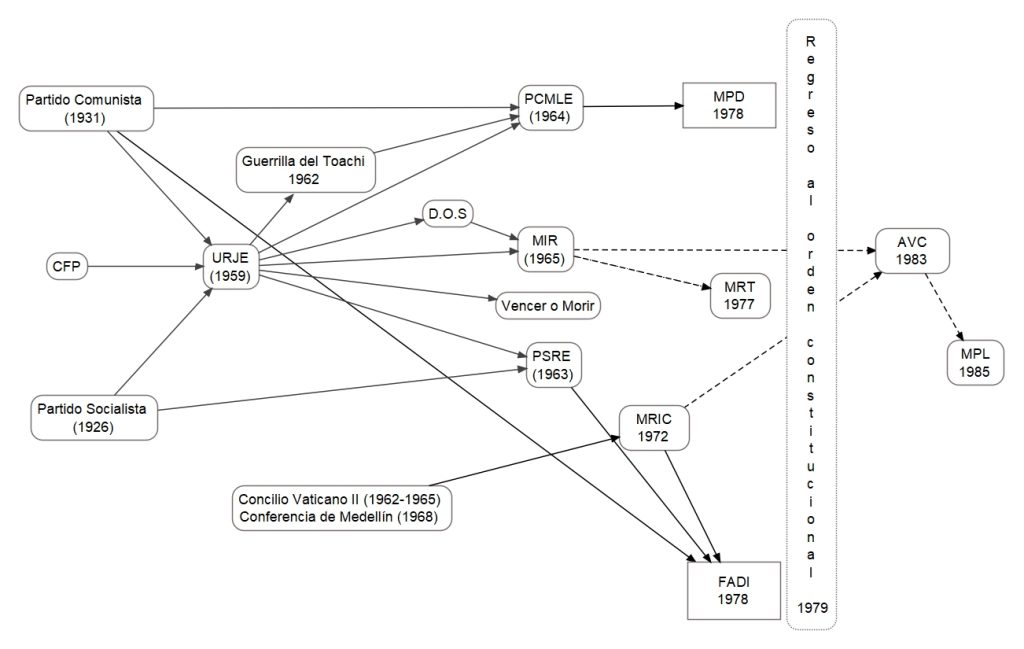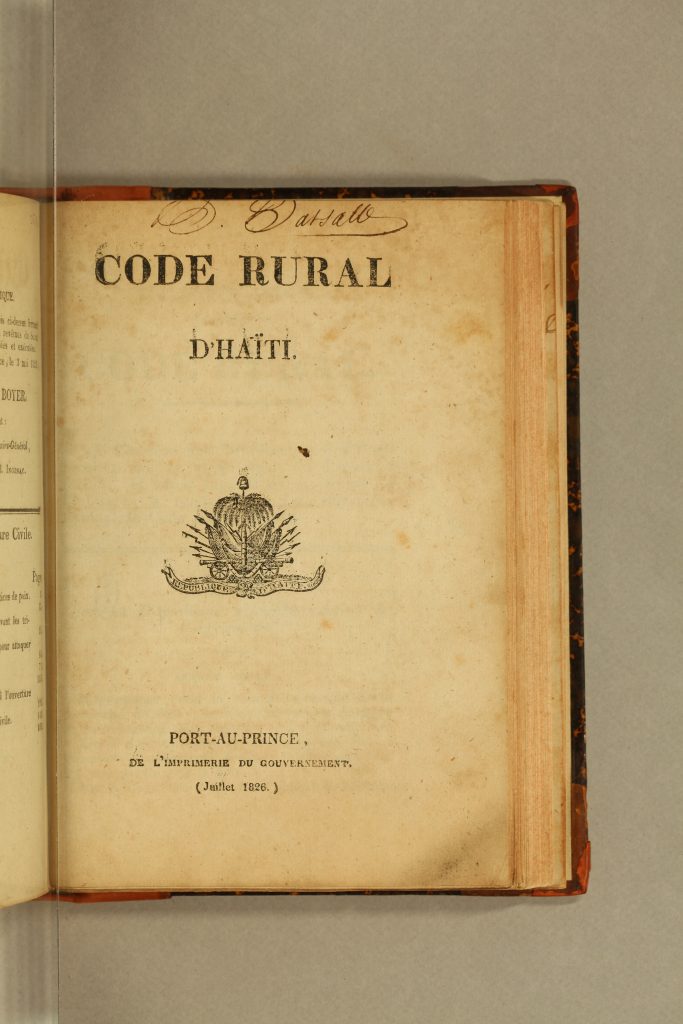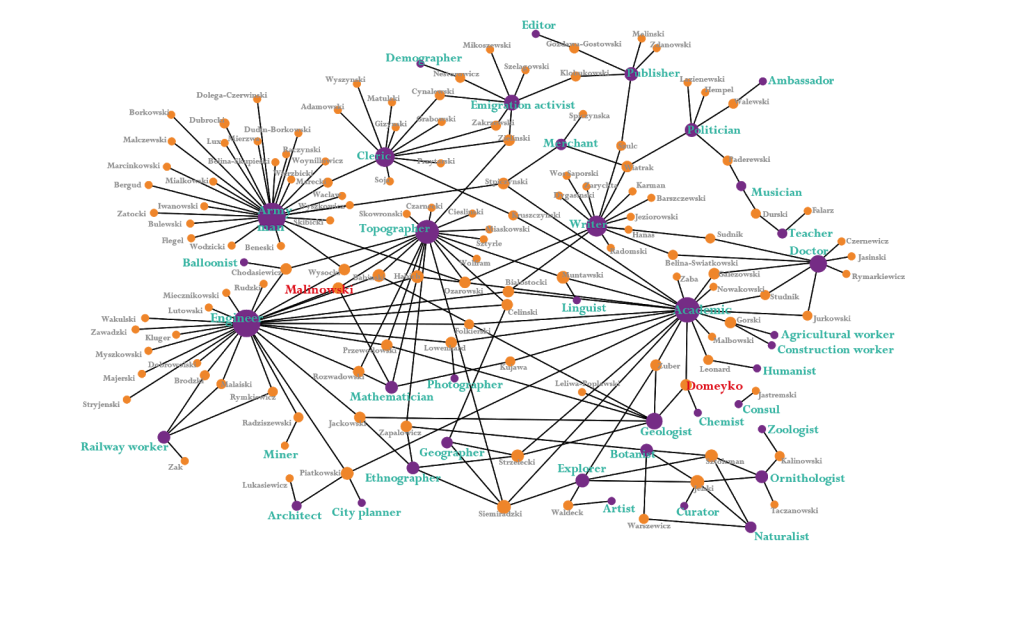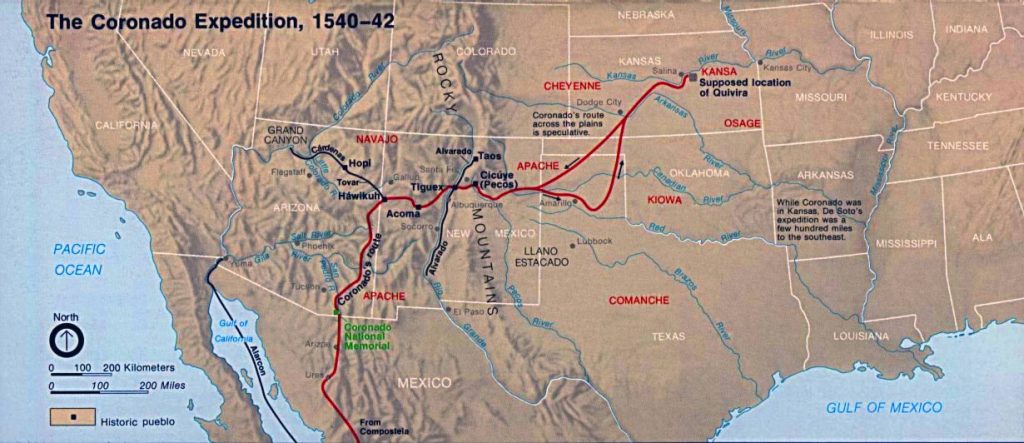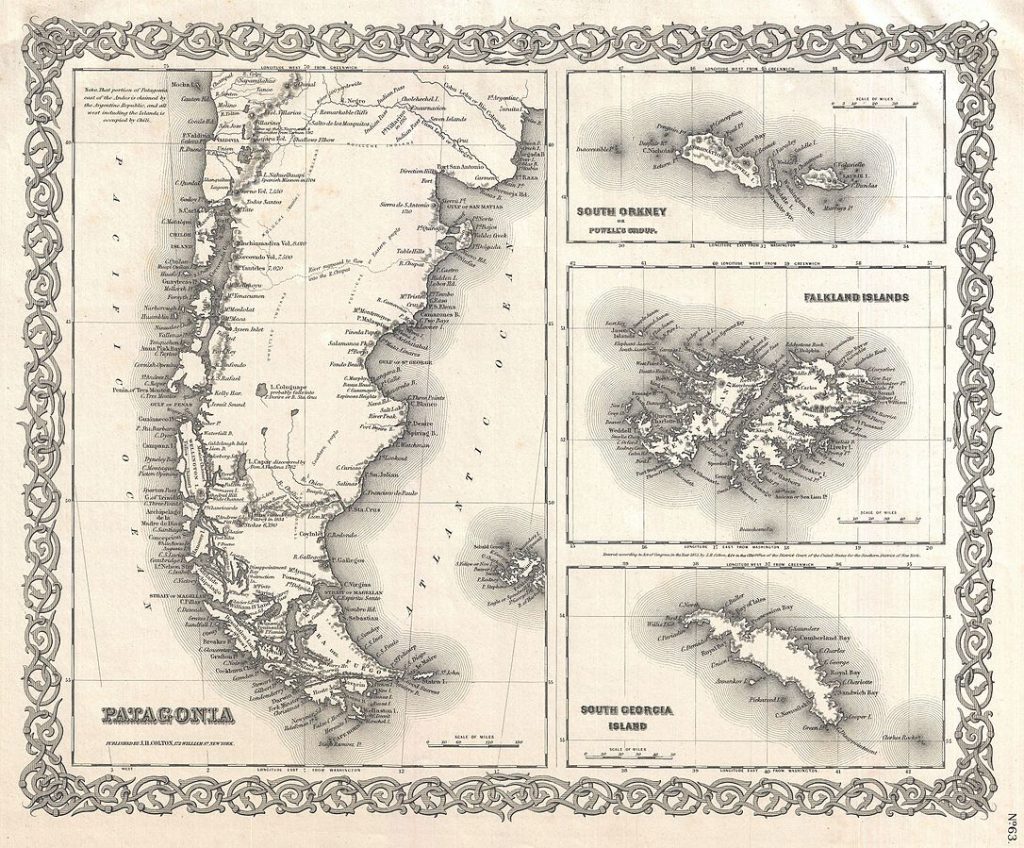By Amanda Summers The public may be most familiar with the Inquisition through Monty Python’s famous skit. “No one expects the Spanish Inquisition! Our chief weapon is surprise, fear, ruthless efficiency, an almost fanatical devotion to the Pope, nice red uniforms …”[1] The comedy troupe used humor to poke a little good natured fun at […]
By Sofia Lanchimba Velastegui During the 60s and 70s, a process of radicalization took place within the left-wing tradition that would reconfigure the militant camp and political identities. Beginning in 1959 with a massacre in Guayaquil, the increase and radicalization of protests in a scenario of economic crisis and the formation of URJE (Revolutionary Union […]
By Nicholas Troy In 1787, to prevent conflict with Spain, the British colony of Black River – the central node in a dynamic contraband trade on the Mosquito Coast – was evacuated. At the start of the same century, logger settlements in Yucatán and the Scots colony in Darien paid the price for defying Spanish […]
By Bethânia Santos Pereira President Jean-Pierre Boyer, who ruled Haiti between 1818 and 1843, was responsible for achieving a relative moment of internal political stability in the country: he unified the entire island, which removed possible conflicts with the reign of Henry Christophe as well as the Spanish crown, he managed to negotiate the recognition […]
Feature Image: Occupations of Polish professionals in Latin America, 1820-1890 (Author’s own). By Aleksandra Kaye Sticking rigidly to the confines of a single discipline can be quite limiting. When I started thinking about my research focused on understanding the Polish migrants’ role in the circulation, production and communication of scientific knowledge in Latin America and […]
By Pablo Pryluka In 1972, the Club of Rome published The Limits to Growth. After signing an agreement with an MIT team, they developed a computational model that predicted the imminent collapse of planet Earth: the growing population was about to drain all the available resources and create a demographic collapse. Claiming such an apocalyptic […]
The French Roots of Mexican Maoism: Adolfo Orive’s Early Days as a Student of Revolution (1954-1968)
By Jorge Puma The men always made themselves from the material world from rich villas or the slums “El Mayor” by Silvio Rodríguez The triumph of Mao Zedong and the People’s Republic of China’s proclamation in 1949 caused a frenzy among the American anti-Communist establishment. A wave of persecution destroyed lives and reputations throughout […]
By Jessica A. Fernández de Lara Harada Mexico and Japan share histories of empire and colonisation. Formerly known as New Spain, Mexico was colonised by Spain from 1521 to 1821 and, after independence, the US occupied half of its territory and gradually increased its economic and military influence. Following 250 years of self-isolation, in 1854 […]
By Joseph Wagner The study of Scottish interactions with the world outside of Europe in the seventeenth century has greatly expanded over the past twenty-five years. It has been galvanised by moving away from a focus on Scotland’s ‘national’ attempts at empire-building, such as the unsuccessful attempts to colonise Nova Scotia in the 1620s and […]
By Nicolás Gómez Baeza. Between 1888-89, John Hamilton, Henry Jamieson, John McLean and Thomas Saunders, among others, participated in the so-called “big sheep-ride” [“gran arreo”] through southern Patagonia.[1] Who were they? Three were born in Scotland, worked as shepherds in the Falkland Islands, and became landowners and businessmen in southern Patagonia and Tierra del Fuego; […]
